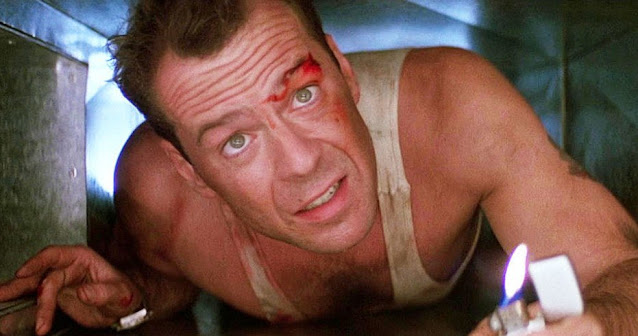Casting the Ideal ‘Willy Wonka’
When he decided to make Willy Wonka & the Chocolate Factory, producer David Wolper knew there was one decision on which the entire fate of the project rested. "The success of the movie depended completely on the casting,” said Wolper. “To be believable, Willy Wonka had to have a magical quality about him, the joy of a child in a man's body. For a time, we seriously considered Joel Gray.” Impish song-and-dance man Joel Gray was very much in the public eye at the time, as he’d just starred in Cabaret on Broadway. Roald Dahl wanted to cast Spike Milligan, who was best known for writing and co-starring with Peter Sellers in British radio’s groundbreaking Goon Show. “But we also looked at a lot of other actors,” Wolper said. “Years later, I learned that Fred Astaire had wanted to play the role, but never approached me."
Director Mel Stuart also felt the ‘Wonka’ casting decision was one that would make or break the film. "While I would have loved to work with Astaire, because he was extraordinarily talented, I didn't conceive of Wonka as a seventy-two year old man, which was Astaire's age at the time,” Stuart said. “Besides, we probably couldn't have afforded his salary… I needed someone with a commanding presence, who could walk the line between seeming madness and innocence, someone you could trust and fear at the same time."
David Wolper recalled the fateful day when he met his ‘Wonka.’ "We were auditioning actors in a suite at the Plaza in New York when Gene Wilder back-flipped in,” he said. “Wilder's career was just beginning – he had done The Producers, which later became a classic comedy and a hot Broadway show, but had not been that successful when it was originally released. When he walked into the room, both Mel and I knew instantly we had found our Wonka. Perfect does not begin to describe him – the role fit him tighter than one of Cousteau's wet suits."
Mel Stuart agreed. "Gene walked in and I realized that his presence – his humor, the humor in his eyes… was Wonka,” he said. “Sometimes in casting, someone walks in and you just know he's the right person… He had the sardonic, demonic edge that we were looking for."
Ever the producer, Wolper kept a poker face while Wilder was in the room. He recalled, "When Gene left the room, Mel said, 'That's him, that's Willy Wonka. We've got to sign him.' I agreed, but warned Mel, 'Don't tell anybody. I've got to make a deal and we can save a lot of money if they don't know how much we want him.' With that, Mel ran out into the hall after Wilder. He caught him at the elevator and told him, 'Gene, you got it. You're the guy.' So much for subtlety."
Mel Stuart is unapologetic, knowing that Wilder was worth every dollar. "Gene just had a quality of the madness, and yet the wit and the bite and the ability to come back and suddenly become very fatherly-like.” In the end, Wolper grudgingly paid Wilder $150,000 to take the role of the mischievous candymaker.
Mel Stuart, Pure Imagination, Macmillan, 2002
“Mel Stuart Interview,” WFPL’s On Second Thought, 6/28/03
Jason Zasky, "Wonka Vision," failuremag.com, 2002
Steven Morris, "Hollywood Finds New Taste for Dahl’s Chocolate Factory," Guardian Unlimited, 5/27/03
David Wolper, Producer: A Memoir, Scribner, 2003



Comments